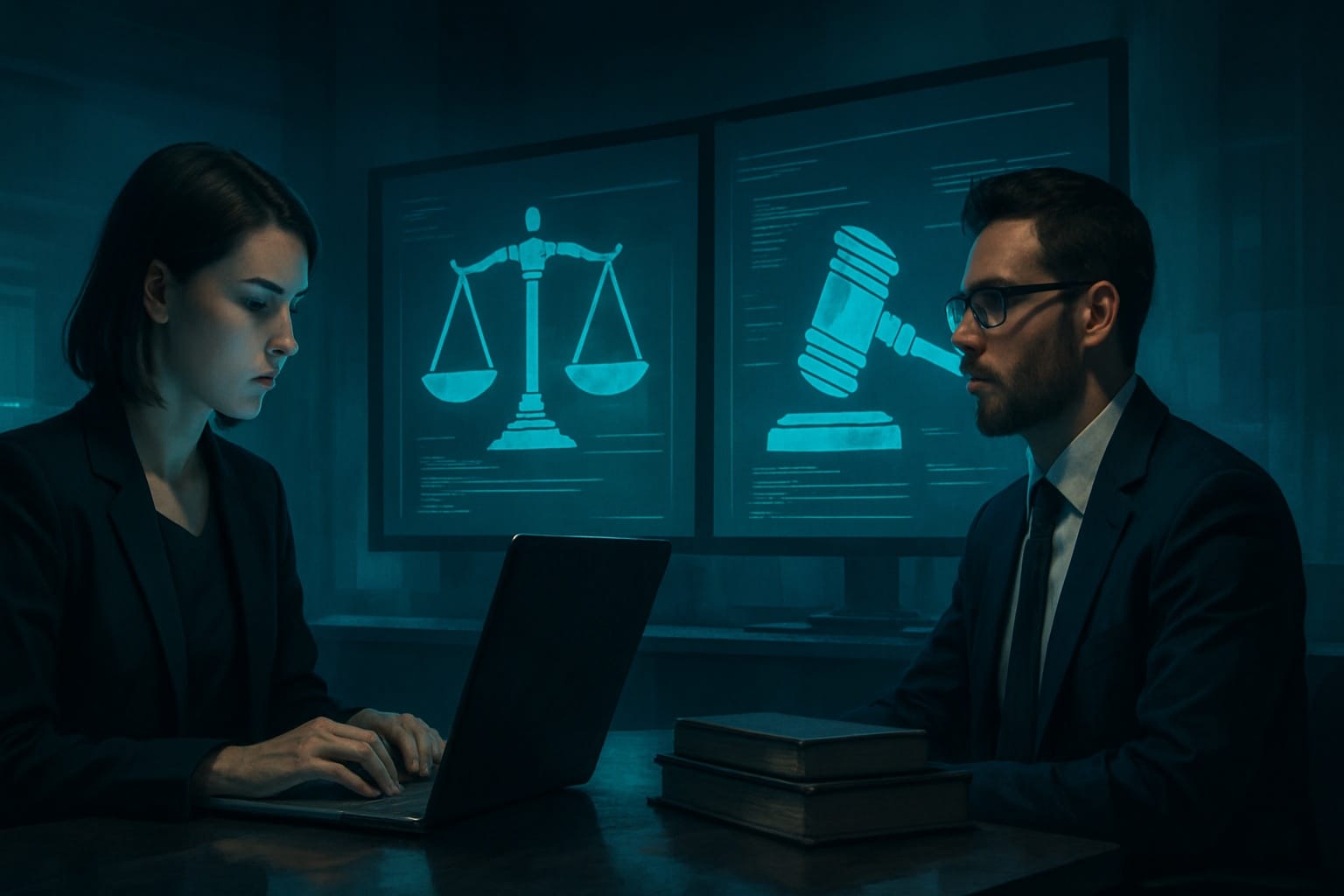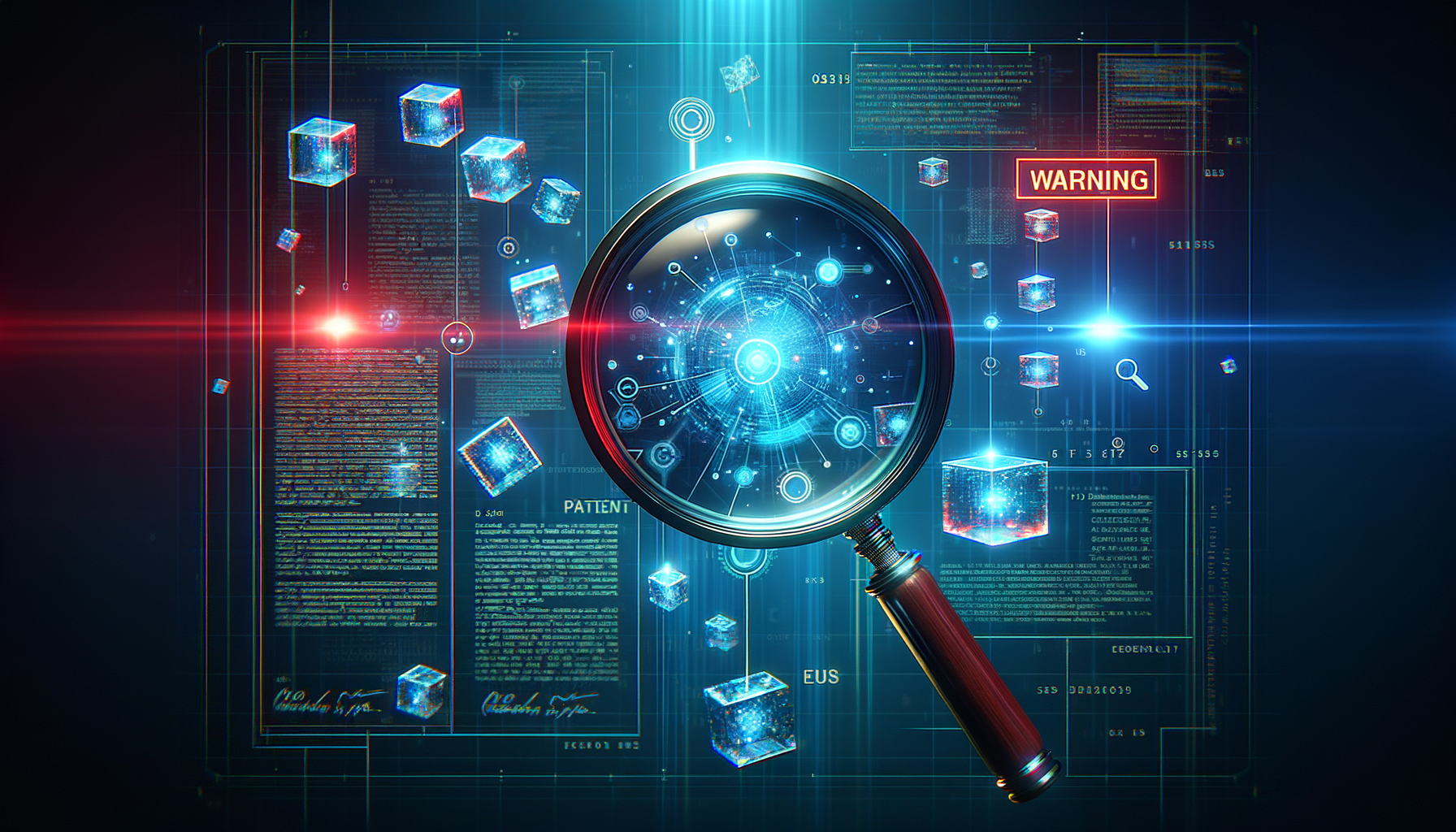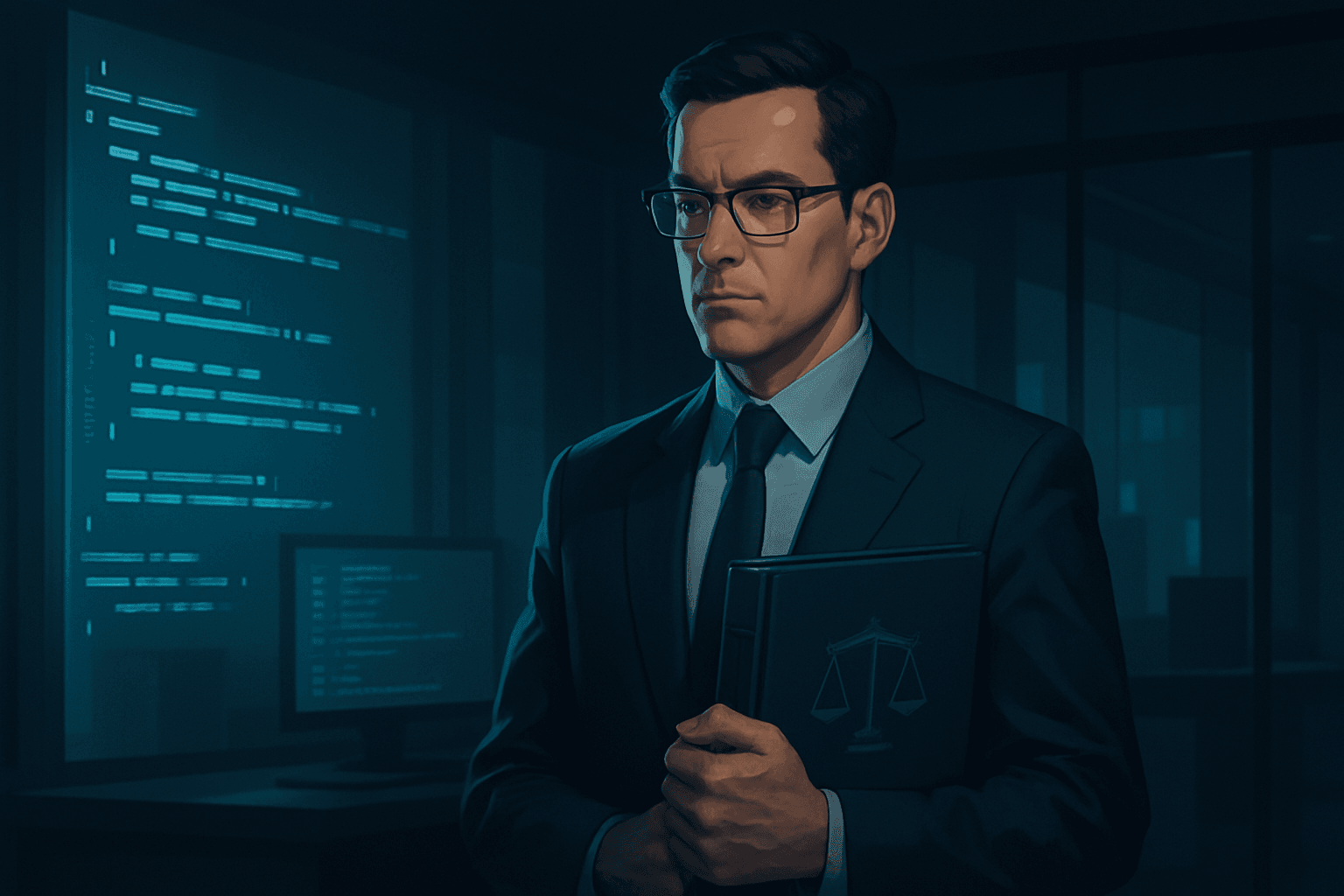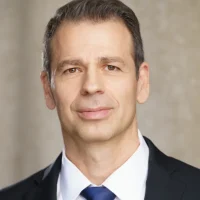Contributory Copyright Infringement: A Practical Primer for Litigation

Contributory copyright infringement occurs when a party knowingly induces, causes, or materially contributes to another’s infringing conduct. This legal concept is critical in intellectual property disputes, particularly in cases involving technology and software. For IP litigation attorneys, grasping the nuances of this doctrine is essential when navigating complex cases, especially those requiring a software expert witness to clarify technical details.
Defining Contributory Copyright Infringement
Contributory copyright infringement hinges on two elements: knowledge of the infringing activity and material contribution to it. Courts, such as in the landmark case Metro-Goldwyn-Mayer Studios Inc. v. Grokster, Ltd. (545 U.S. 913, 2005), have ruled that liability arises when a party intentionally facilitates copyright violations. For example, a software platform enabling unauthorized distribution of copyrighted material may face scrutiny if it knowingly supports such actions.
A software expert witness often plays a pivotal role in these cases, analyzing systems to determine whether they were designed or used to enable infringement. Their testimony can clarify whether a defendant’s actions meet the threshold for material contribution, such as providing tools or infrastructure that directly facilitate illegal activity.
Legal Standards and Precedents
The legal framework for contributory infringement stems from cases like Sony Corp. v. Universal City Studios, Inc. (464 U.S. 417, 1984), which established that products with substantial non-infringing uses may not incur liability. However, if a platform actively encourages infringement, as seen in Grokster, courts are more likely to impose liability. A software expert witness can dissect the functionality of accused systems, helping courts understand whether the technology primarily serves infringing purposes or has legitimate applications.
Recent cases, such as Oracle America, Inc. v. Google LLC (886 F.3d 1179, 2018), highlight the importance of technical expertise in IP disputes. Experts provide clarity on complex software interactions, such as API usage, which can influence findings of contributory infringement.
Role of Technical Expertise in Litigation
In disputes involving software, a software expert witness is often indispensable. Their analysis can reveal whether a defendant’s platform knowingly enabled infringement or if safeguards were implemented to prevent it. For instance, in cases involving peer-to-peer file-sharing platforms, experts may examine algorithms or user interfaces to assess intent and functionality.
Resources like the United States Copyright Office provide guidance on copyright law, while organizations such as the American Bar Association offer insights into litigation strategies. Additionally, technical reports from bodies like the IEEE can inform expert analyses of software systems.
Challenges in Proving Contributory Infringement
Proving contributory infringement requires demonstrating both knowledge and material contribution. Knowledge can be actual or constructive, meaning the defendant knew or should have known about the infringement. Material contribution often involves showing that the defendant provided essential tools or services, as discussed in Perfect 10, Inc. v. Amazon.com, Inc. (508 F.3d 1146, 2007).
A software expert witness can address these challenges by analyzing system logs, codebases, or user behavior to uncover evidence of intent or contribution. Their findings can make or break a case, particularly when technical details are central to the dispute.
Practical Implications for IP Cases
Contributory copyright infringement cases often involve intricate technical and legal questions. Attorneys must work closely with experts to build compelling arguments. For example, the World Intellectual Property Organization offers resources on global IP standards, which can contextualize disputes involving international software platforms.
To explore how technical expertise can strengthen IP litigation strategies, visit Sidespin Group for specialized support in navigating complex copyright cases.
Written by
Related Insights
Discuss your Case
- info@sidespingroup.com
- (800) 510-6844
- Monday – Friday
- 8am – 6pm PT
- 11am – 9pm ET


